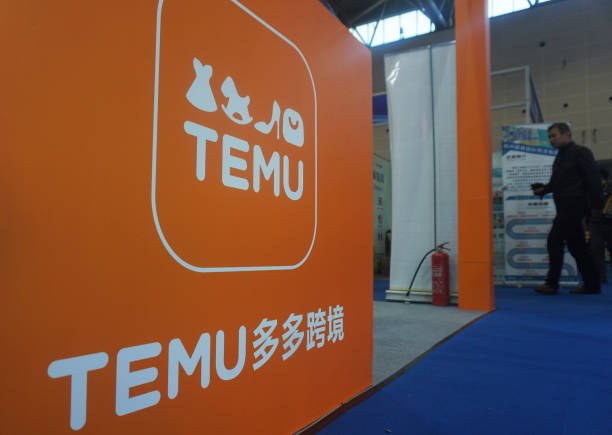Turkey has taken decisive regulatory steps against China-based e-commerce platform TEMU, following a sharp rise in uninspected product imports that pose potential risks to consumer health. The Ministry of Commerce recently announced that platforms like TEMU must now publish official documents and certifications—including CE markings—on their product pages to ensure reliability and safety.
TEMU, which entered the Turkish market and rapidly gained traction due to its ultra-low prices, currently ships an estimated 200,000 products daily into Turkey directly from China. These include a wide variety of goods such as clothing, footwear, toys, and accessories—many of which bypass the local inspection processes. Officials warn that the absence of regulatory oversight raises serious concerns about toxic or carcinogenic materials entering Turkish households.
Deputy Minister of Trade Mahmut Gürcan, speaking on a live broadcast of Yol Açık via Kayseradar and Radioradar, emphasized the alarming nature of these unchecked shipments. He noted that unlike local platforms, TEMU remains outside the scope of Turkey’s e-commerce laws. While domestic companies are subject to advertising restrictions, brand sales limitations, and licensing fees, TEMU evades these by shipping from abroad via postal services.
To curb this, the Turkish government has reduced the allowed value of such shipments—including shipping costs—to 30 euros, aiming to discourage mass importation. Additionally, under the latest enforcement by the General Directorate of Product Safety, online platforms will be required to present their compliance certificates publicly or face difficulties in delivering goods into the Turkish market.
This move aligns with the “Regulation on Market Surveillance and Inspection of Products Placed on the Market through Remote Communication Tools,” which came into effect on April 1, 2024. The regulation underscores Turkey’s commitment to protecting its market and consumers from low-cost imports that compromise product safety standards.
As the regulatory spotlight intensifies, e-commerce players like TEMU will need to adapt quickly to local compliance norms or risk losing access to one of the region’s rapidly growing consumer markets.





